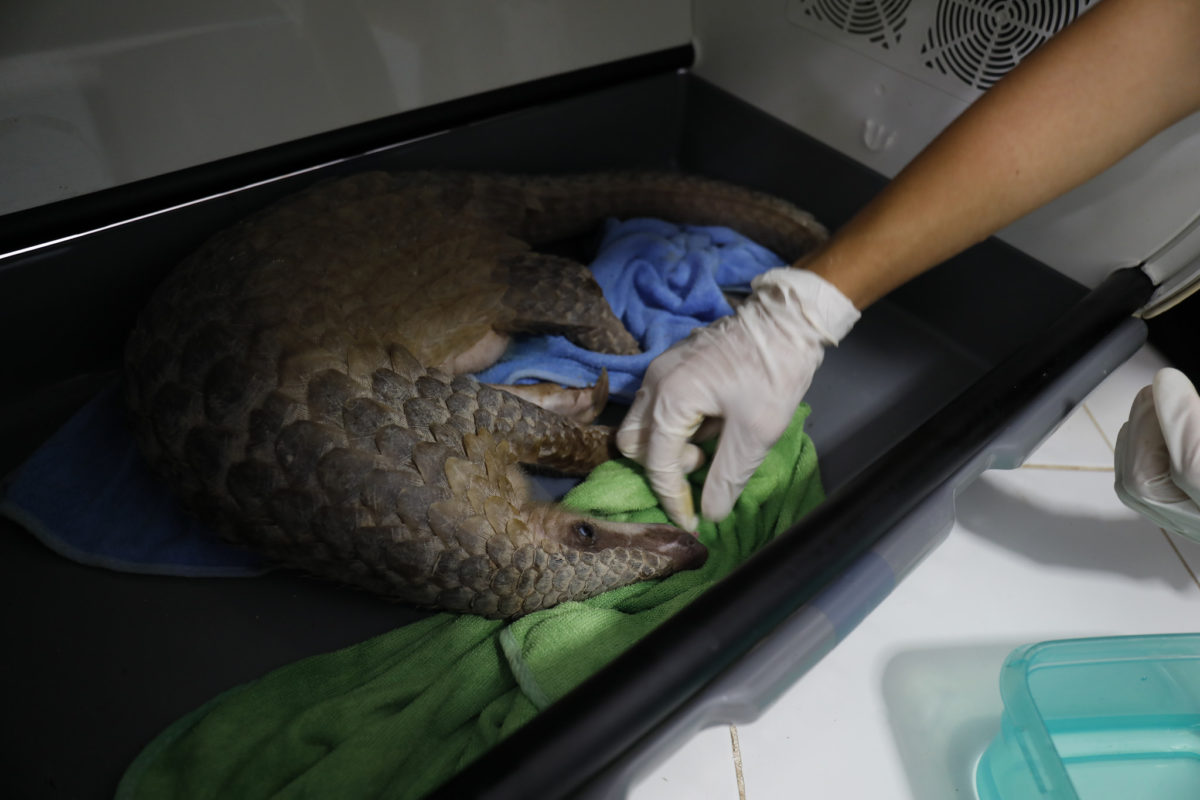
BANGKOK – Thailand’s Department of National Parks, Wildlife and Plant Conservation (DNP) and the United States Agency for International Development (USAID)’s Wildlife Asia activity successfully hosted the first pangolin care training in Thailand on techniques to boost the survival rate of wild pangolins rescued from illegal trafficking.
From April 18 to 20, USAID Wildlife Asia and DNP’s “Back to the Wild” workshop convened pangolin care experts and quarantine officials to increase pangolin survival rates when they are released.
The workshop, held at Khao Yai National Park, introduced police, customs officers and Wildlife Quarantine Centre staff to the most effective techniques for handling stressed or injured pangolins, including protocols for rehabilitating pangolins back into the wild. These threatened mammals have a heightened sensitivity to stress and thrive only on a natural diet and in a conducive habitat.
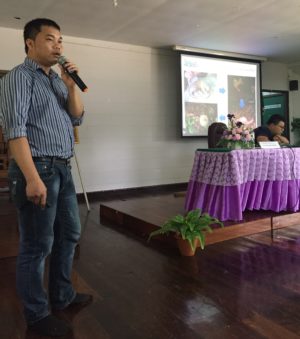
Pangolins are the world’s most trafficked mammal with almost no chance of survival if removed from the wild.
With global trends indicating an increasing number of seizures and only an estimated 50,000 pangolins still in existence, protection of this species is growing all the more important.
“This is a unique opportunity to help improve survival rates of confiscated live pangolins,” said Dr. Pinsak Suraswadi, Deputy Director General of the DNP.
“Veterinarians and staff at the Center have been able to learn how to care for and rehabilitate these incredibly vulnerable live pangolins so they can be released back into the wild.”
“Wildlife protection is a priority for USAID,” said Richard Goughnour, Director of USAID’s Regional Development Mission for Asia.
“If we can improve coordination among first responders and wildlife quarantine staff, rescued pangolins will have a chance to thrive back in the wild in Thailand, Vietnam and across Asia.”
Participants also learned how to use the USAID Pangolin Species Identification Guide: A Rapid Assessment Tool for Field and Desk, a booklet designed to help authorities confidently identify the eight species of pangolin and pangolin products.

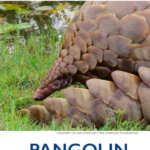
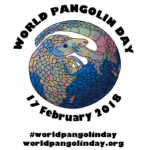
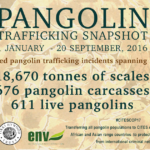
![State of the Pangolin [Podcast]](https://annamiticus.com/wp-content/uploads/2016/08/BehindTheSchemesEpisode42-150x150.png)